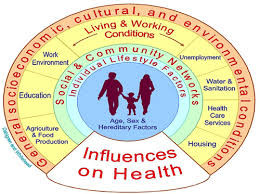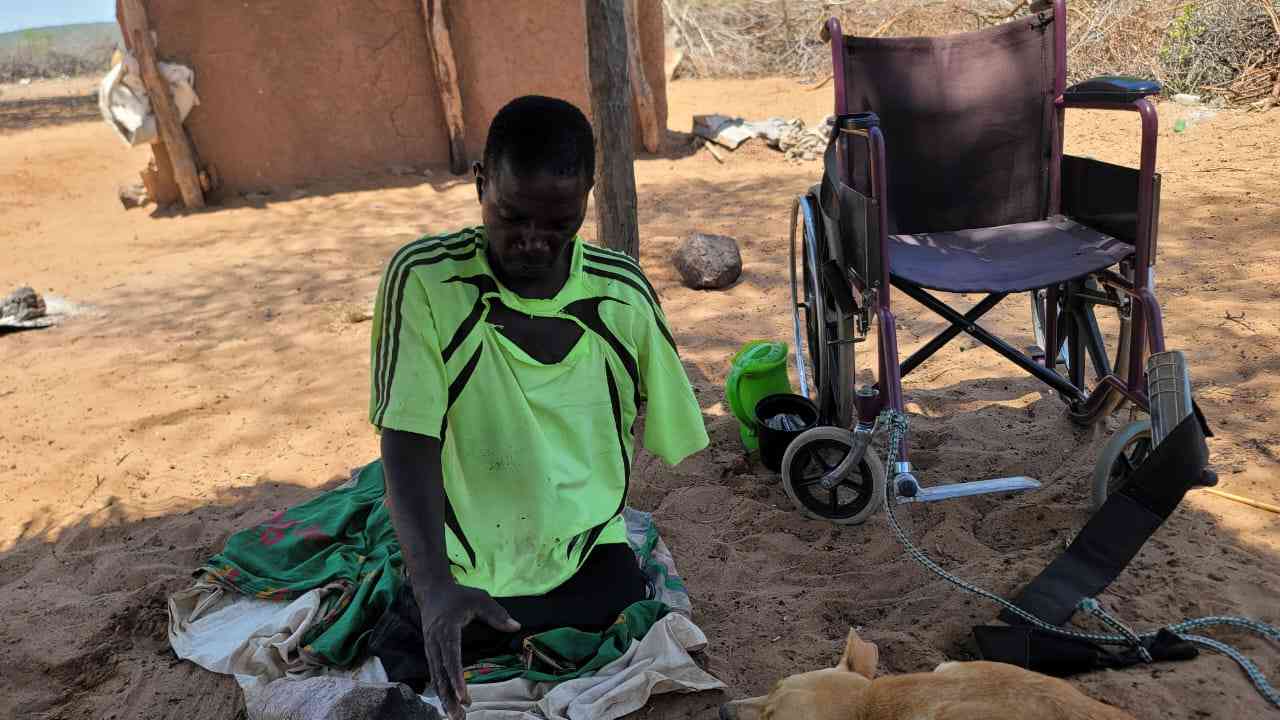
IN many traditional societies, deeply entrenched patriarchal structures shape family dynamics and public health.
While the quest for gender equality continues, there is growing recognition that these existing frameworks can be strategically leveraged to drive substantial health improvements.
Recent experiences from Africa and beyond demonstrate how engaging male leaders can enhance health outcomes while subtly advancing women's rights.
Consider a rural community where traditional norms dictate every facet of life. In such settings, men often hold the decision-making power, influencing everything from household finances to health care access.
This patriarchal structure can restrict women’s access to essential health services.
However, rather than directly challenging these norms, health programmes can work within these frameworks to effect positive change.
For instance, in rural Nigeria, I faced considerable resistance when promoting contraceptive use.
Men, who typically wield decision-making authority, initially opposed contraceptive methods.
- Matabeleland urged to vote wisely
- Leveraging patriarchal structures on health improvements
Keep Reading
Instead of confronting these norms head-on, I chose to engage with local male leaders.
By educating them about the benefits of contraceptives and involving them in health discussions, we managed to shift community attitudes.
This approach not only improved contraceptive acceptance but also fostered greater trust within the community. We complemented this strategy with workshops for women, established advocacy groups, and created feedback channels to ensure their voices were heard.
This comprehensive approach demonstrated that working within traditional frameworks can lead to significant health benefits while advancing gender equity.
A notable example of leveraging patriarchal structures for health improvement is the TOSTAN program in Senegal. Launched in 1991, TOSTAN tackled the practice of female genital mutilation (FGM) by engaging male elders and religious leaders.
Through community education and respectful dialogue, the programme achieved a remarkable 76% reduction in FGM prevalence over a decade.
By involving influential male figures, TOSTAN utilised existing patriarchal structures to advocate against FGM, resulting in both a decline in harmful practices and an increase in gender equity.
Similarly, Zimbabwe’s Community Health Clubs Model highlights how integrating local male leaders into health advocacy can drive significant improvements in sanitation and disease prevention.
This model engages both men and women in essential health practices such as hygiene and disease prevention.
Male leaders play a crucial role in endorsing these initiatives, which helps shift community attitudes and behaviors.
Furthermore, the model empowers women by involving them in leadership roles, thus promoting gender equity and fostering better health outcomes.
Engaging men in antenatal care (ANC) programmes provides another compelling example of leveraging traditional gender roles for health benefits.
In Kenya, integrating male partners into ANC services led to a 17% increase in skilled birth attendance and improved postpartum visits.
Women who attended ANC services with their husbands were 58% more likely to utilize postnatal care.
This involvement not only supports safer childbirth but also encourages shared responsibility in reproductive health, fostering gender equity in maternal care.
In addition to these examples, there are numerous other initiatives that illustrate the potential of leveraging patriarchal structures for health improvements.
For instance, in India, programmes that engage male community leaders in promoting nutrition and sanitation have led to improved health outcomes and greater community buy-in. These initiatives work within existing social frameworks to promote healthier behaviours and practices.
Despite these successes, it is crucial to address concerns that such strategies might reinforce traditional gender hierarchies.
The objective is not to entrench male dominance but to use their roles to facilitate health improvements and gradually challenge inequitable norms.
Programmes must actively promote women’s voices and leadership, ensuring these efforts contributes to broader gender equity. This requires a delicate balance of leveraging traditional structures while simultaneously working to transform gender norms.
Looking ahead, imagine a future where health programmes not only integrate traditional frameworks but also strive to transform gender norms towards greater equality.
By aligning health initiatives with these frameworks while pursuing systemic changes to address gender disparities, we can achieve both immediate health benefits and long-term cultural transformation.
Health programme designers and policymakers should focus on this dual objective: Enhancing the effectiveness of interventions while advancing gender equity.
Leveraging existing patriarchal structures offers a pragmatic approach to achieving significant health advancements.
By incorporating gender-sensitive strategies and promoting both immediate health improvements and long-term equity, we can work towards a healthier and more just future for all.
This approach allows us to navigate traditional norms effectively, while fostering progressive change in gender dynamics. It highlights the potential for traditional frameworks to drive substantial health advancements while promoting women's empowerment and gender equality.
In conclusion, leveraging patriarchal structures for health improvements is not about reinforcing outdated norms but about using these frameworks as a stepping stone for positive change.
By engaging with male leaders and incorporating gender-sensitive strategies, we can enhance health outcomes and move towards a more equitable future.
This pragmatic approach offers a pathway to achieving both immediate health benefits and long-term progress in gender equity.
Salami is a distinguished physician with a specialisation in maternal and child health. As the founder of the Sisters Caregivers Project Initiatives, he leads efforts to empower women in Nigeria through comprehensive health programmes. Currently serving as a research fellow with the International Centre for Research on Women, he brings a wealth of experience from his previous role as a research assistant at the Gender Equity Unit at Johns Hopkins Bloomberg School of Public Health.






